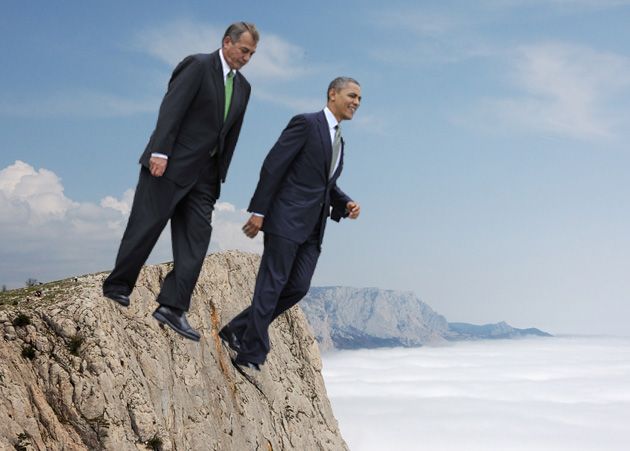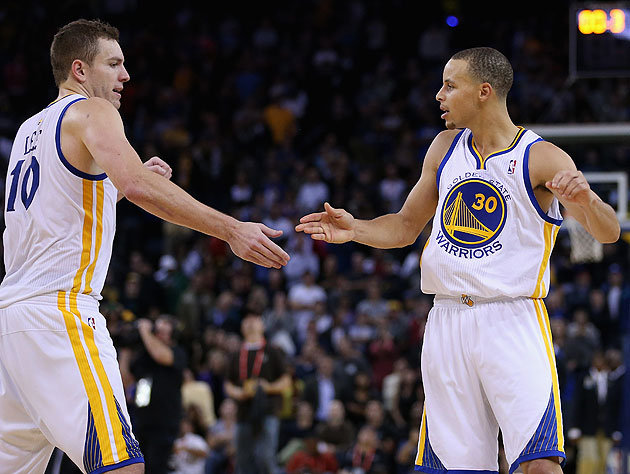Quentin Tarantino— for a director whose filmography over the last decade has seen Hitler getting shot in the face with a Tommy Gun, a plantation exploding and the hanging of a racial-slur spewing outlaw— sure stirs up a lot of racial controversy with his films.
At issue this time around is Tarantino’s portrayal of legendary actor and martial artist Bruce Lee. Lee is played by Asian-American actor Mike Moh as a swaggering, braggadocious actor who challenges Brad Pitt’s stuntman Cliff Booth to a three-round fight, which ends in an interrupted draw. In the film, Lee is depicted on the set of the TV Show The Green Hornet where he declares that he could beat Muhammed Ali in a fight and that his hands need to be declared as “lethal weapons.”
But is Bruce Lee really above any kind of spoof or creatively-licensed portrayal?

(Warning: This next paragraph contains a major spoiler for the ending of Once Upon a Time in Hollywood. Consider yourself warned.)
The scene in question serves a very specific purpose in the story, establishing that Pitt’s character is such an accomplished fighter, he can stand toe-to-toe with Bruce Lee. When the climax of the film arrives, and Pitt is essentially tearing members of the Manson family limb-from-limb while on an acid trip, you 100-percent believe it.
Some have criticized the portrayal as overly exaggerated, inaccurate and racist —including Lee’s friend and Game of Death co-star, NBA Hall of Famer Kareem Abdul-Jabbar and Lee’s daughter Shannon.
“Of course, Tarantino has the artistic right to portray Bruce any way he wants,” Abdul-Jabbar told The Hollywood Reporter. “But to do so in such a sloppy and somewhat racist way is a failure both as an artist and as a human being.”
Lee’s daughter was more succinct, eventually telling a “disingenuous” Tarantino to “shut up” after he defended the portrayal.
After seeing the film in the immediate aftermath of this controversy, I had to ask— what’s the big deal? We’re talking about a five-minute stretch of a nearly three-hour movie.
The fight is an entertaining diversion in the film. A brief aside in a film full of them but one that serves a distinct narrative purpose. And it’s not like Tarantino makes Bruce Lee look like he’s outmatched. It’s a fair fight and one Lee appears on his way to winning before it is interrupted. And so what if a fictional version of Lee brags a little bit? He’s Bruce effing Lee.
No doubt about it, Bruce Lee was a badass in the true sense of the word. Enter the Dragon is an all-time great martial arts film. But does being good at martial arts and starring in a couple of good movies really qualify someone to immunity from creatively-licensed portrayal? In my mind, everything in art, outside of openly inciting hate and violence, is fair game. If Lee’s portrayal incites this type of reaction in the wrong viewer, that is unfortunate. But they likely brought a pre-existing racial animus into the theater with them.
After seeing how Lee is portrayed in the film, no reasonable, rational filmgoer’s opinion of him should change, positively or negatively. His legacy is established. Anyone who knows anything about him understands how great of a talent and individual he was. Being parodied in a sense only confirms the cultural heights to which Lee has reached.
I understand the culture at large has decided that every piece of art has to face some sort of rigid ideological litmus test to ensure no one is offended, no one is lampooned and everything is bright, shiny and happy for the bright, shiny and happy people. Political correctness is the mode of the day. I get it. I understand it. I’m not entirely unsympathetic.
And as a free speech absolutist, I do not begrudge Lee or Abdul-Jabbar or anyone else their perspective or right to express their opinions. But I do question the heightened manner in which their criticisms are phrased and covered in the media.
In this politically correct era, the culture is at dire risk of something valuable being lost— the ability to laugh at even that which we hold dear. The ability to laugh at ourselves— to not take ourselves too seriously.



